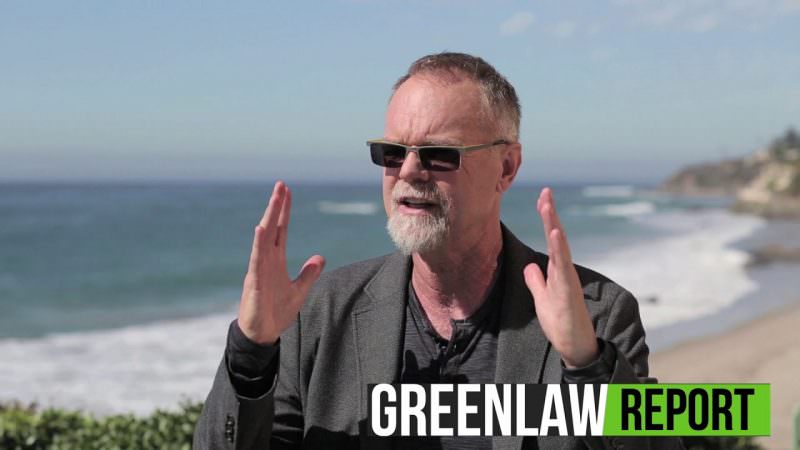Dr. Bill Andrews is a renowned scientist whose research has brought him to the forefront of the field of aging and cellular health. Specifically, he is a leading expert on telomeres and telomerase, two critical components of cellular function that play a major role in the aging process. In this essay, we will delve into the science behind telomeres and telomerase, and explore the impact that Dr. Andrews’ work is having on the field of health and wellness.
At the heart of Dr. Andrews’ research is the discovery of telomeres (by a Russian Researcher in 1970), the protective caps on the ends of our chromosomes. Telomeres are essential to cellular function, as they prevent our DNA from fraying and becoming damaged during cell division. As we age, however, telomeres become shorter, which can cause cells to die or become damaged. This process has been linked to a variety of age-related diseases, including cancer, heart disease, and dementia. In order to counteract the effects of telomere shortening,
Dr. Andrews has focused his research on telomerase, an enzyme that helps to maintain the length of telomeres. Telomerase is active in some cells, such as stem cells, which are able to regenerate and repair themselves. However, in most cells, telomerase is inactive, which can lead to telomere shortening and cellular damage. Dr. Andrews’ research has focused on finding ways to activate telomerase in order to slow or reverse the aging process. One approach that he has developed is the use of a molecule called TA-65, which has been shown to activate telomerase in certain types of cells.
Dr. Andrews has also developed a telomere-testing service, which allows individuals to determine the length of their telomeres and track changes over time. The implications of Dr. Andrews’ work are significant. If we are able to slow or reverse the aging process, we could potentially prevent or even cure many age-related diseases. Additionally, the ability to track the length of our telomeres could provide valuable information about our overall health and wellness.
Some critics argue that the focus on telomeres and telomerase is too narrow and that there are many other factors that contribute to the aging process.
Despite these criticisms, Dr. Andrews remains committed to his research and continues to explore new avenues for improving cellular health and longevity. He has recently partnered with a biotechnology company to develop a new class of drugs that target the aging process by activating telomerase. These drugs are currently in clinical trials, and if successful, could represent a major breakthrough in the field of aging research. In conclusion, Dr. Bill Andrews’ work on telomeres and telomerase has the potential to revolutionize our understanding of the aging process and transform the way we approach health and wellness. While there are still many questions to be answered, the progress that has been made thus far is truly remarkable. Whether or not telomere-based therapies will ultimately prove to be effective, Dr. Andrews’ research has opened up new avenues for exploration and has helped to shed light on the intricate workings of our cells and our bodies.






